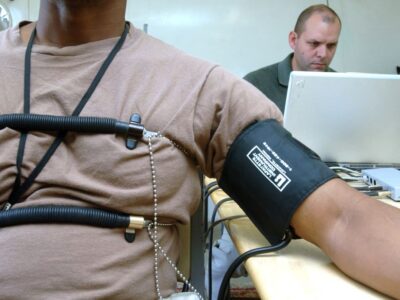Very few people would ever suggest that education around the effects of driving under the influence of alcohol is a bad idea, and almost no one would suggest that driving when you’re blind drunk is a really stupid idea, but there comes the more grey areas around drink driving. Are you still able to drive the morning after? Do you realise you are quite possibly over the legal limit and could loose your licence? Are you still able to drive after having a glass of port after dinner?
What can tip you over the limit from being legally able to drive to demerit points, walking home and a loss of licence may surprise you. Particularly if you aren’t aware of new law changes that lower the drinking limit even more (see here for information about proposed law changes in New York state).
How Much Can I Drink?
Unfortunately, there is not really any magic formula to tell if you are going to be over the legal limit to drive home. We all know that your weight will affect how much alcohol you are able to consume before being over the limit, as well as how much you have eaten, what you’ve eaten, what you have been drinking (champagne may hit your blood stream fast but whiskey may raise your blood alcohol level higher). Other factors like how tired you are and if you are on any medications can make a big difference to how quickly you are affected by any alcohol consumed as well. There is a handy chart that gives you an idea of how many drinks you can have and what your blood alcohol level is likely to be based solely on your gender and weight here: https://www.businessinsider.com.au/drinks-before-driving-if-bac-is-05-2013-5?r=US&IR=T
What Do I Do If Stopped?
You do not have to speak, but you should inform the police that you wish to remain silent if you choose to exercise your right to silence.
In New York state you do not need to carry ID, so do not need to show the police any ID, however, you do need to show your driver’s license, registration and proof of insurance if you are pulled over in your vehicle. Under no circumstances should you abuse any police officer or try to flee.
The police can ask you to take a breath-alcohol test – usually a breathalyser which you simply blow or speak into and is able to give an instant result. They may also ask you to undergo a coordination test – walking in a straight line, touching your finger to your nose or similar. If you fail the Driving While under the Influence (DWI) tests you will be arrested. If you instead choose to refuse to follow a reasonable test you can also be arrested. This may result in your car being impounded or left on the side of the road. However, generally once you have been arrested your car will be searched.
When Do I Call My Lawyer?
When you are arrested, or taken to the police station, you do not need to say anything except to give your name and address to the police. Before you give any information to the police you need to speak to your lawyer. As soon as you are arrested you can request to speak to your Rochester DWI lawyer. Speak to your lawyer before saying anything to the police, before signing anything, and before agreeing to anything. You do not need to decide anything to do with your case until your lawyer has given you their professional advice.
You may also ask to speak to a friend or family member, but be aware that your conversation is not confidential and may be admissible in court, so do not discuss the situation with anyone other than your lawyer initially.
What Could Happen to Me?
Your lawyer may be able to have charges reduced or removed depending on the circumstances, procedures followed and how far over the limit the police have recorded you at (if at all). However, you may find yourself receiving anything from a $100 fine and suspension of licence through to a $10,000 fine and 7 years in jail. See here for more details.












Comments